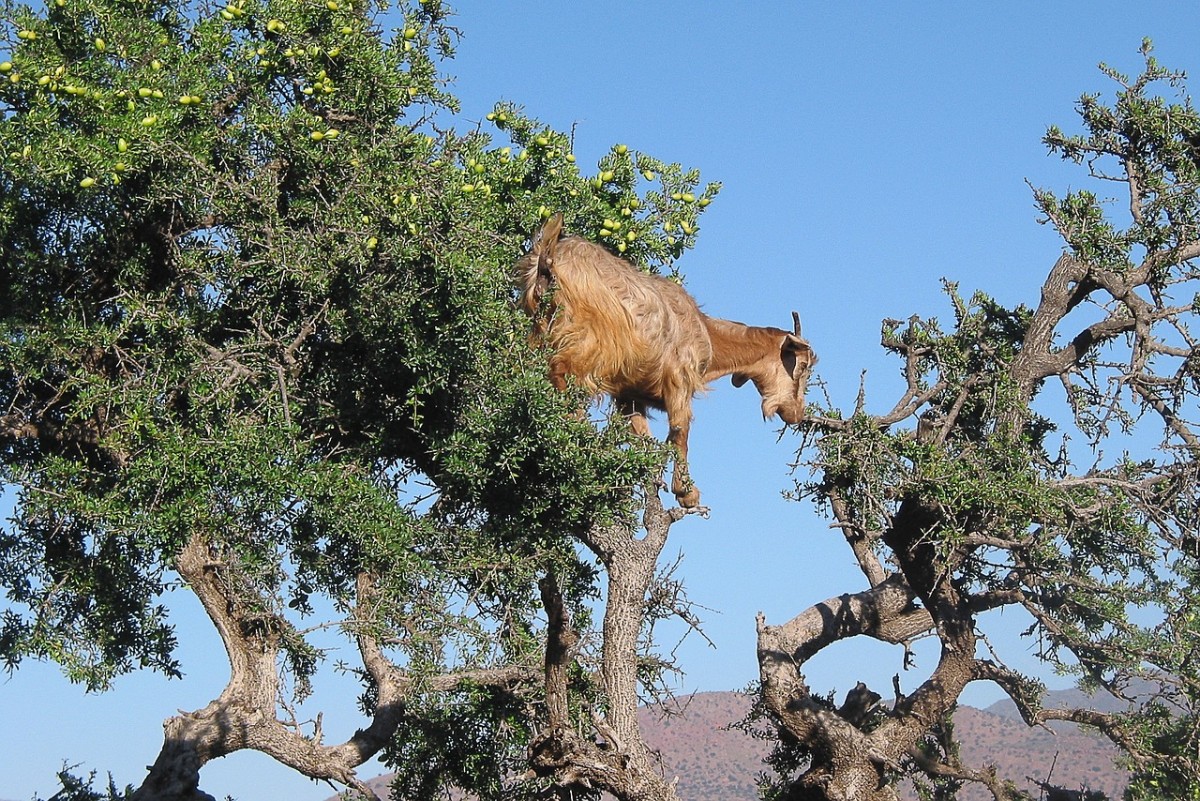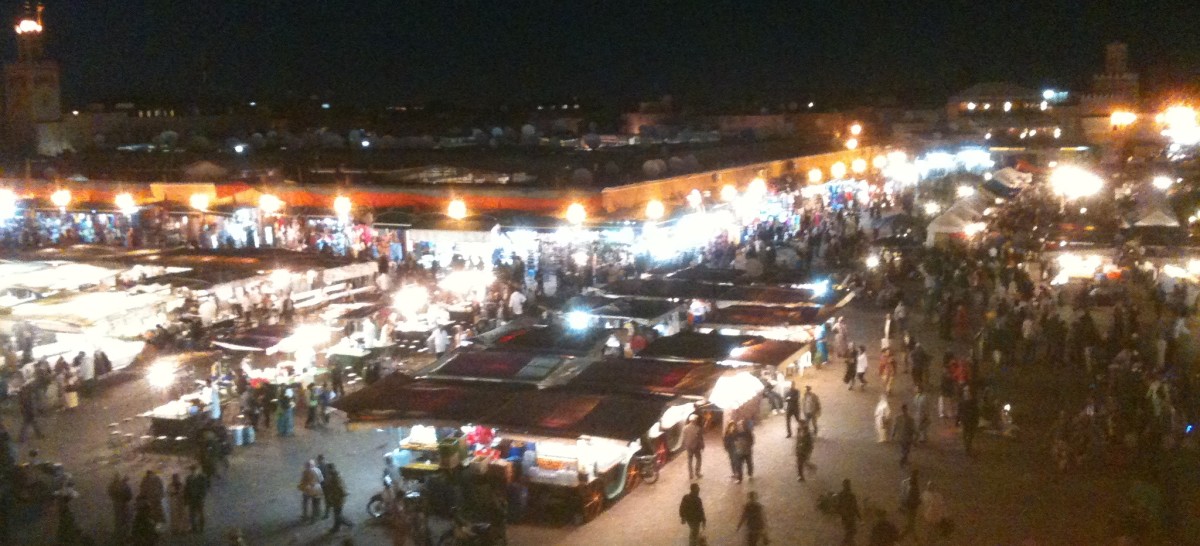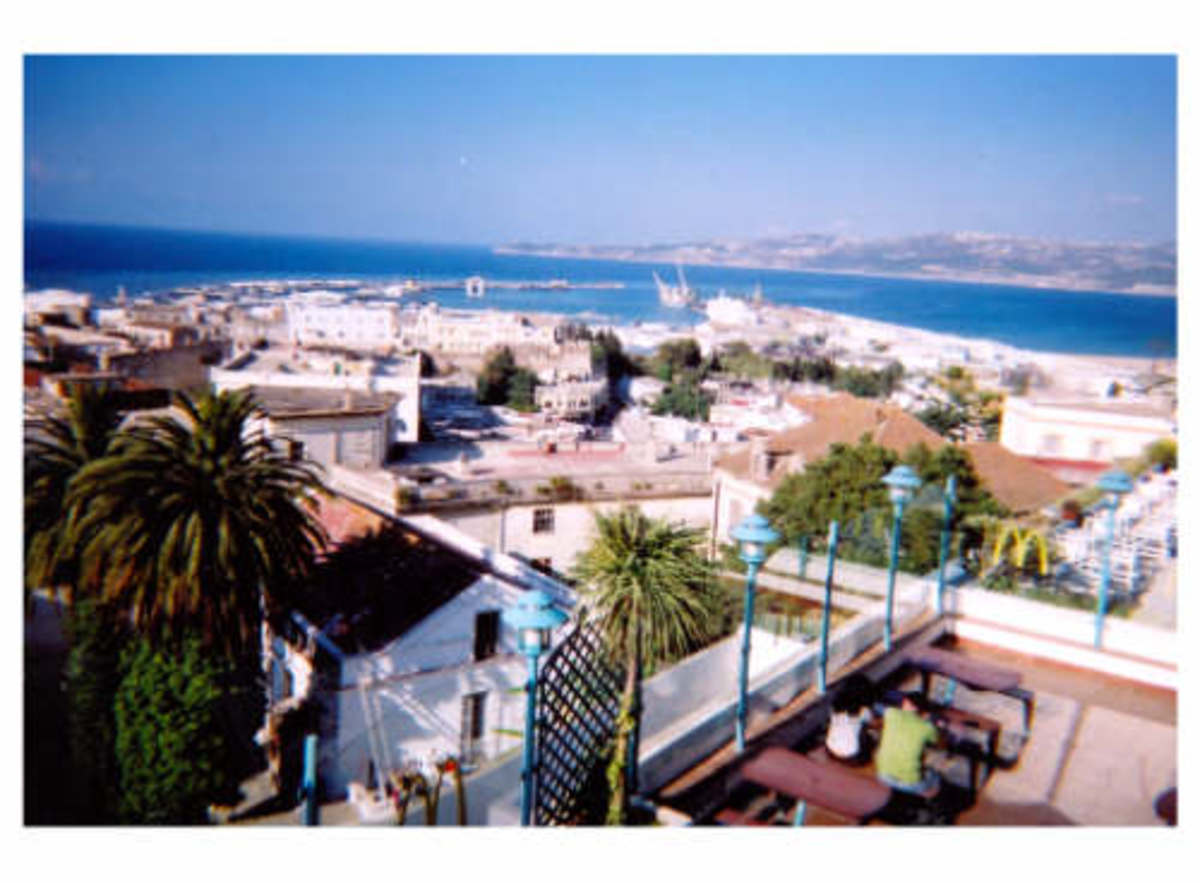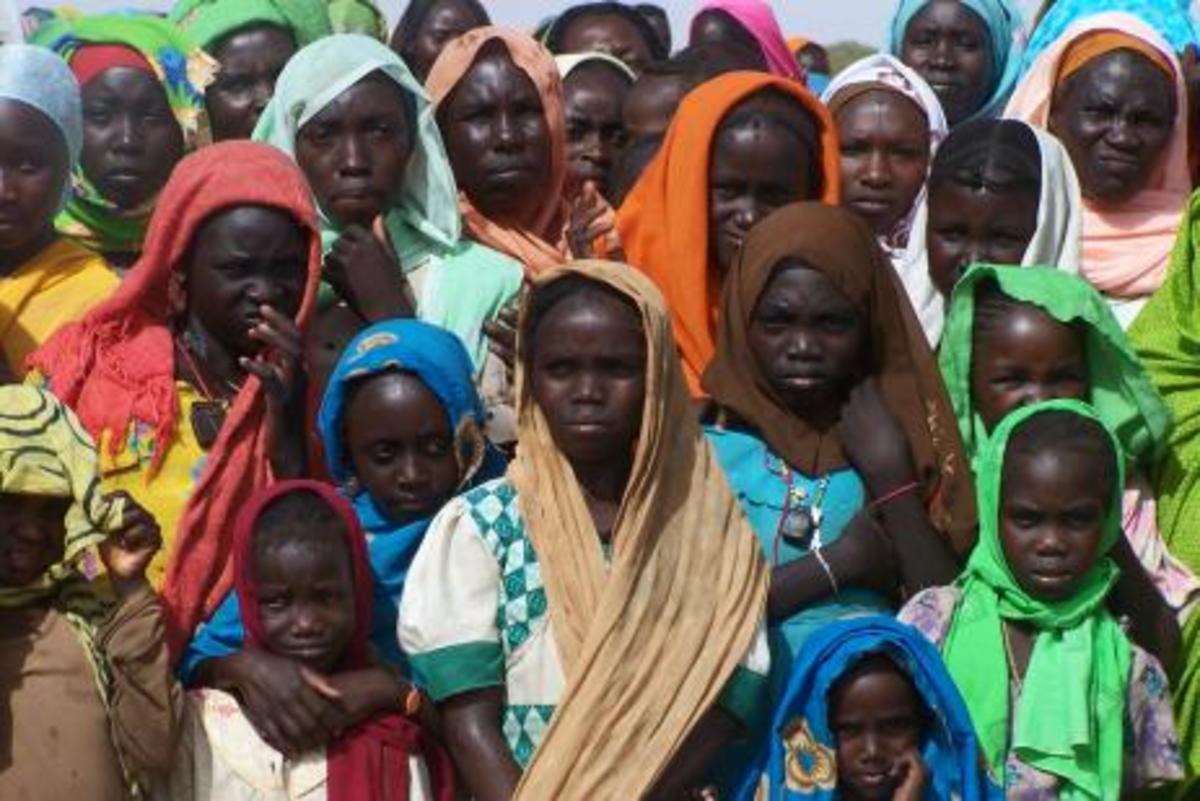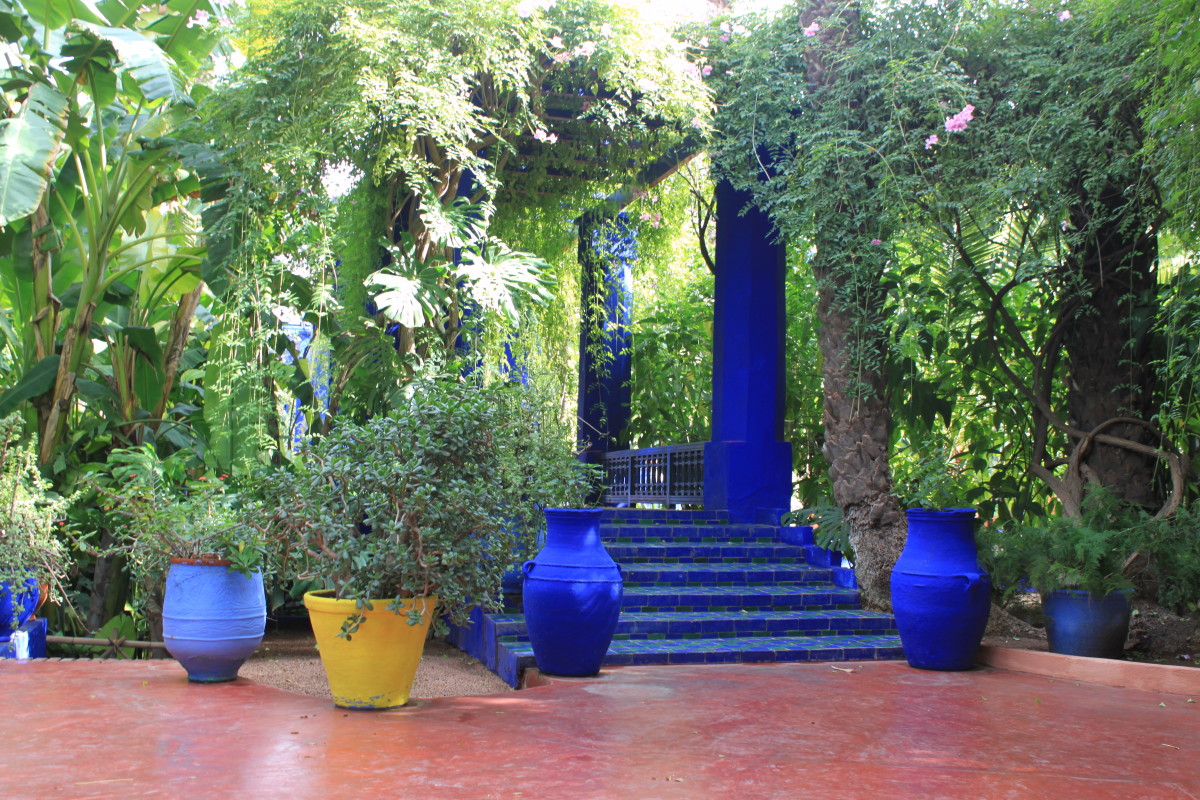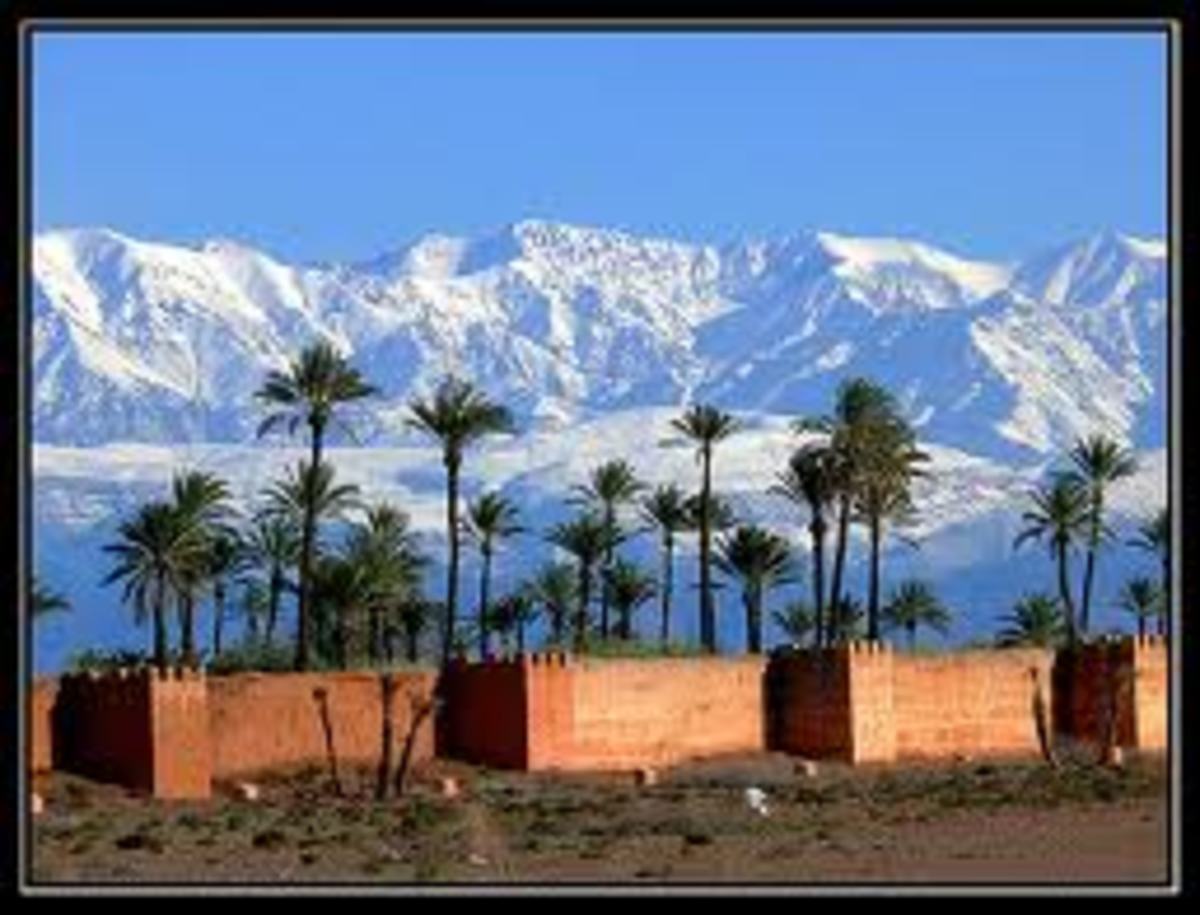- HubPages»
- Travel and Places»
- Visiting Africa»
- Travel to Northern Africa
Why I Love Living in Morocco
Why Morocco?
When I meet someone new, they want to know what I do. Their eyes flash with curiosity when I mention Morocco. And then come the questions. Questions that always lead to an interesting conversation.
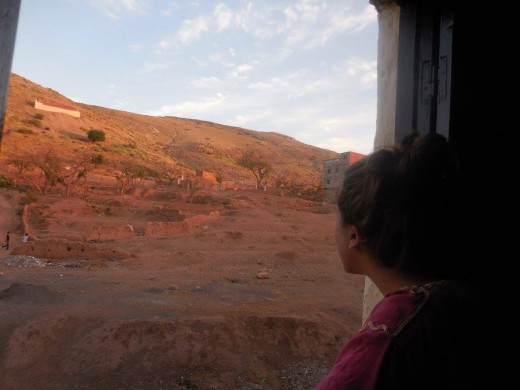
Common questions people ask me about Morocco
Question
| My answer
|
|---|---|
Where is Morocco?
| In Northern Africa.
|
Do you feel safe in Morocco?
| Yes. Police officers are very diligent. If you are having problems, people are willing to help you.
|
Do you have to dress conservatively?
| Depends. In Rabat, Marrakech and other big tourist cities you can wear anything. When you travel to smaller places, make sure you wear something that goes past your knees. T- shirts are fine. A tank top is not recommended.
|
Isn't Morocco dangerous?
| Every country can be dangerous. There is good and bad everywhere you go in the world. Don't just use the headlines as your source of information.
|
Have you ever felt pressured to wear a hijab?
| No.
|
Why did you go to Morocco in the first place?
| Peace Corps. I worked as a youth development volunteer for two years and after I just never left. I loved it so much that I couldn't see myself leaving.
|
Moroccan hospitality
I started Peace Corps with no Moroccan friends. But that didn't matter. From the moment I stepped of the Royal Air Maroc airbus and onto the Casablanca tarmac, I was welcomed into a country I hardly knew by friendly faces. It didn't matter that I couldn't speak the language. It didn't matter that I wasn't Moroccan. I was welcomed with open arms everywhere I went. People would invite me into their homes to share a meal or meet their family. I became, and still am, a daughter and friend to many.
In Daarija, Moroccan Arabic, people greet you as either xti (my sister) or xuya (my brother). This salutation enforces the sense of community and togetherness associated with hospitality.
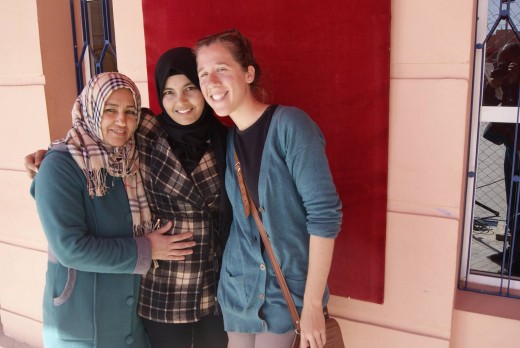
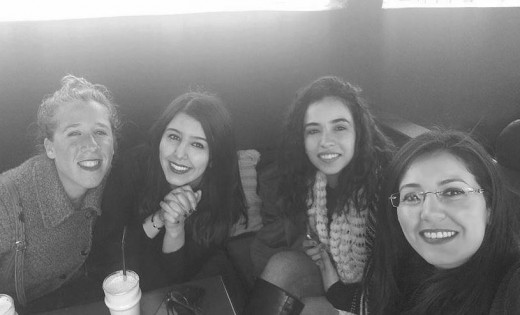
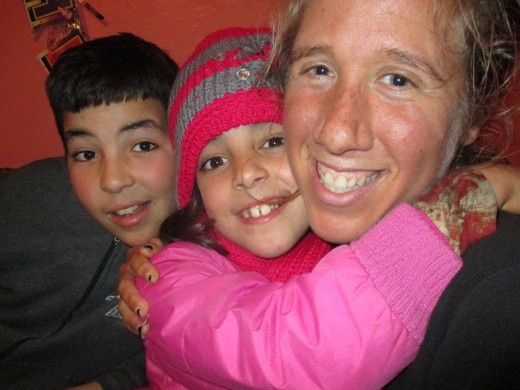
Delicious meals
Bold flavors, fresh herbs and organic produce define Moroccan cuisine. Quality meats are sold at the local butcher. Ingredients are never processed or refined.
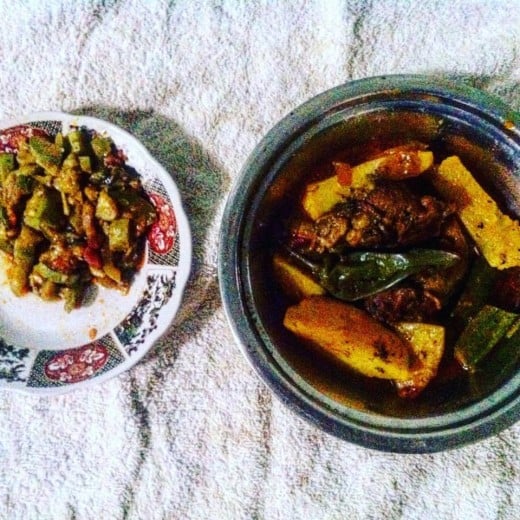
Things are cheap
Average prices in Morocco are incredibly low. Fruits and veggies go for 5 cents a kilo. If your feeling like a big spender, you can grab a decent hotel room for 21 Dollars. Of course, city costs are more expensive than village costs. Rent in a small town is around 70 Dollars for a two bedroom apartment. Rabat rent is around 490 Dollars. The used clothing section in any market has tables full of men's, women's and children's attire. Each pile is marked at a certain price - anywhere from 5 cents to a Dollar. Brands like Zara and H and M are easy to find in the mountains of garments.
The conversion rate usually falls around 1 Dollar = 9 Moroccan Durhams.
Living in Rabat
Rabat is a fantastic city. The Udaya, a 12th century abandoned castle, is ideal for an afternoon outing. Sip fragrant mint tea and nibble on Moroccan pastries as you curl up with that book you have been meaning to read. From the capital, taking a plane to Europe is cheap and quick. Rabat is close to Melilla and Ceuta, two Spanish enclaves in the north of Morocco. There is also a ferry that runs from Tarifa, Spain to Tangier, Morocco.
There is a large community of expats in Rabat. Some are also returned Peace Corps volunteers who served in Morocco.
A learning curve
Living abroad gives you an education. Not the type of education you would find in a classroom. Not the kind that can be measured by books or exams. This education comes from cultural exposure and stepping outside of your comfort zone. Morocco has given me a rich education in cultural awareness and diversity.

